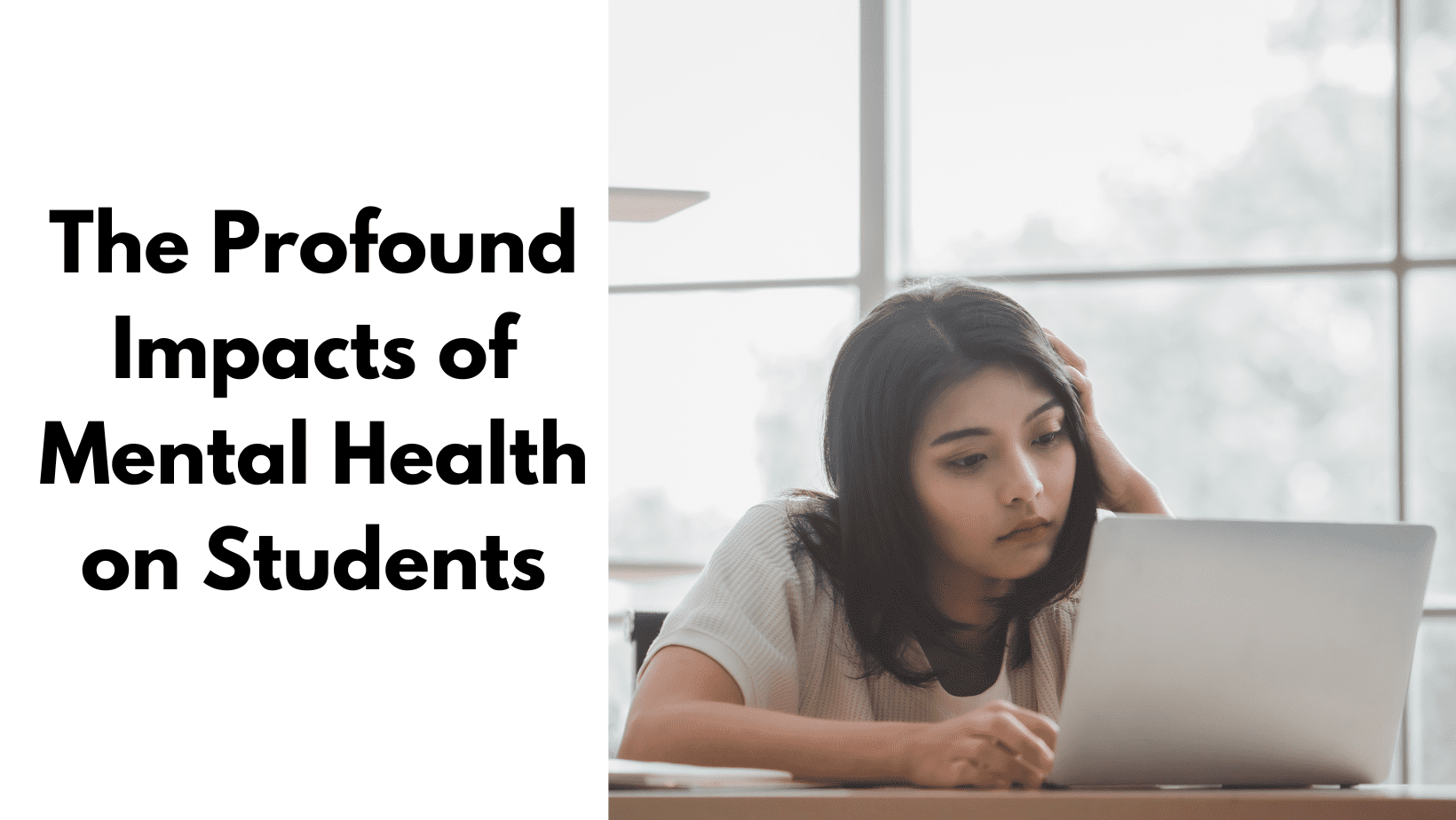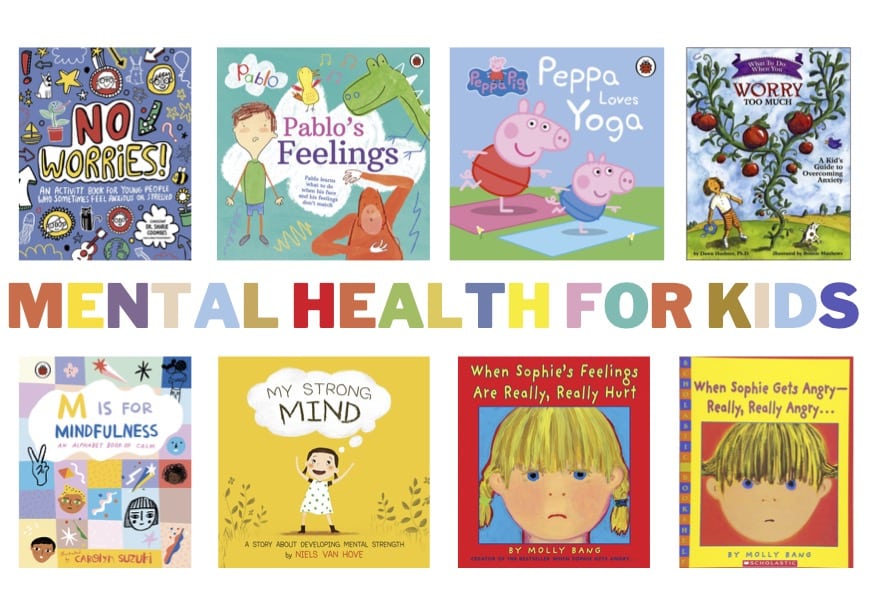Higher rates of psychological distress had been recognized and significantly influenced students during the Covid-19 pandemic, according to the Malaysian Health Ministry.
During the lockdown, most students had trouble staying focused on their schoolwork and preserving their mental health. Online learning can generate long-term isolation, which can negatively impact one’s mental health and cause stress, anxiety, exhaustion, and even boredom.
The Ministry reported that, by domains, the highest prevalence was issues related to peer problems (42.9%) followed by pro-social skills (27.7%), conduct problems (15.9%), emotional health (8.3%), and hyperactivity problems (2.3%).
What Are The Effects Of Mental Health On Students?
There are numerous ways bad mental health can impact students in terms of their academic performance as well as their interpersonal relationships.

- Academics Engagement
Numerous academic institutions around the world note that students with mental health problems tend to participate in their academics less. Students who experience mental health issues may:
- lose interest in studying,
- lack of involvement in conversations, and
- having declining class attendance.
Students who are struggling with depression or anxiety may not want to participate in class discussions or lectures. Such students might experience major declines in engagement in a short period. The withdrawal symptoms listed above may be a clue that students have underlying mental health problems.
- Concentration And Progress
Students who are dealing with mental health concerns may find it difficult to focus during lectures. This could indicate that the student might:
- take longer to comprehend topics,
- be unable to actively participate in sessions,
- be unable to concentrate on the assigned duties, etc.
Higher dropout and worse retention rates among students are also associated with mental health problems. There may be a slowdown in academic advancement.

- Networking and Relationships
Students who are struggling with mental illness are more prone to become less friendly. They don’t seem as keen on developing any relationships or friendships. They are not motivated to engage in social activities.
How to Promote Good Mental Health in Students?
Although it seems like an unfathomable problem, there are ways to support students’ mental health on all levels, from the institutional to the personal. Here are some of the most effective methods for improving students’ mental health, according to psychologists around the world.
- Increasing awareness of mental health in the classroom
Students must be taught about mental health concerns and the wide range of symptoms that they can present with. Teachers also need to be made aware of how students’ mental health affects them. Early diagnosis and intervention are the keys to battling mental health concerns.
Students also need to know where to turn for assistance if a buddy or classmate needs it. Everyone on campus should be aware of how to get assistance and what to do if you are concerned about another person’s mental health.
- Expanding Access to Mental Health Services
All college students and their parents need to be aware of the resources available to them both inside and outside the institution. Schools and colleges can create specific web pages to help spread knowledge about mental health and wellbeing.

- Reducing Stigma Associated With Mental Illness
Instead of stigmatizing, we must push toward normalization. Fear of isolation or marginalization is one of the biggest obstacles to students seeking help for mental health-related difficulties. As was already mentioned, many students experience similar problems.
Therefore, we must change our mindset and stop treating mental ailments differently from physical ones. This perhaps is the most crucial step to fostering good mental health among students, adults, and the whole society.
Conclusion
Since students are the nation’s future leaders, enhancing their mental health and welfare should be the utmost priority right now.
According to Malaysian Health Minister Khairy Jamaluddin, Malaysia would devote more resources and efforts to provide the essential treatments for students who need mental health support, particularly by employing technological tools that may be more familiar to a generation that grew up with the internet.
FikaFox, a partnership with Tiger Campus, was established in connection with the Malaysian Health Minister’s proposal. The main aim is to offer students online mental health services where they can have unlimited access to their personal therapist through texting at an affordable cost. Visit our page to learn more: https://www.tigercampus.com.my/fikafox/









